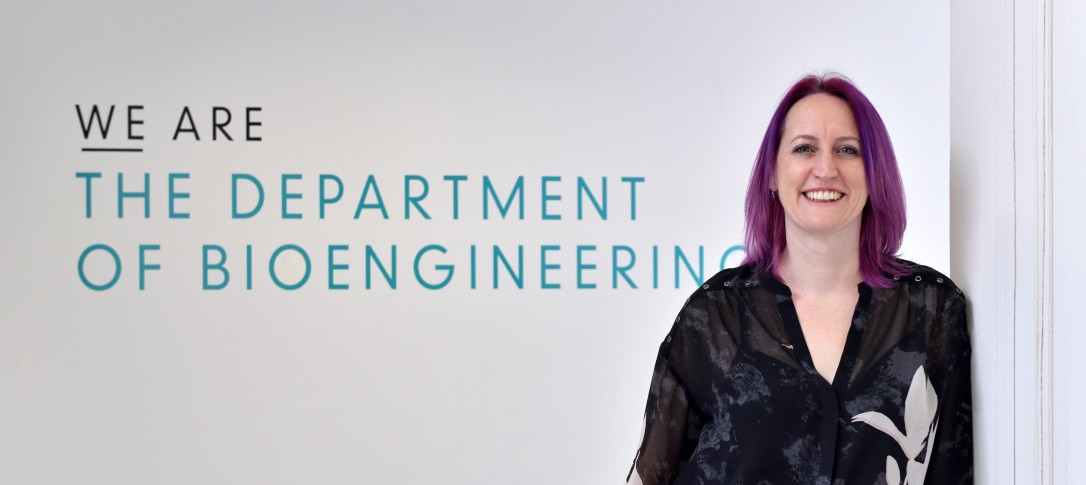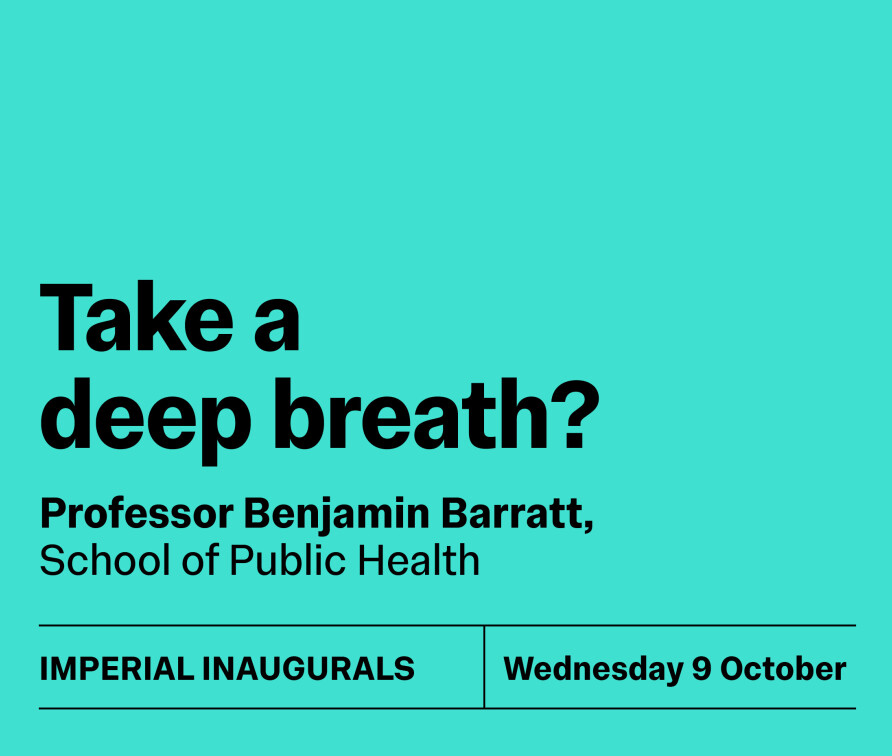
PLEASE NOTE: This is a hybrid event. You can choose to order an in-person ticket or a virtual attendance ticket when registering to attend.
Chair:
Anthony Bull, Professor of Musculoskeletal Mechanics, Head of Department of Bioengineering, Imperial College London
Vote of thanks:
• Molly Stevens, Professor of Biomedical Materials and Regenerative Medicine, Departments of Bioengineering and Materials, Imperial College London
• Laura Poole-Warren, Professor in Biomedical Engineering at the University of New South Wales, Australia
Lecture title:
Evolution of a cyborg: Bionic eyes, ears, spines and brains
Abstract:
The cyborg – part human and part machine – is a science fiction construct that has been realised across recent decades, with increasing numbers of devices being used to improve the quality of life for millions of people globally. However, there remains a substantial gap between the complexity and functionality of the natural nervous system and the ability of a device the replace this function following injury or disease. We are still very far removed from the ideal bionic human. The most important factor is the interface where synthetic device meets the biological environment, and key to making next-generation, high resolution devices is the development of advanced materials.
Professor Green will highlight the way in which her research investigates tissue-material interactions and uses this knowledge to design material interfaces that promote improved communication between body and device. Her talk will cover the design, fabrication, and characterisation of polymer systems through to device prototypes focusing on implantable bionic devices, non-invasive electronic interfaces and novel applications of bioelectronics. Prof Green will highlight her work across her career in bionic eye design from the bench to clinical trials, working with industry through modification of cochlear implants, pioneering “living bionic” devices for spinal cord injury and brain machine interfaces, and the development of wearable technologies for biosensing.
Biography:
 Professor Rylie Green joined the Bioengineering department at Imperial College London in 2016. She received her PhD (Biomedical Engineering) from the University of New South Wales, Australia in 2008.
Professor Rylie Green joined the Bioengineering department at Imperial College London in 2016. She received her PhD (Biomedical Engineering) from the University of New South Wales, Australia in 2008.
Prof Green has developed a range of innovative materials to address the limitations that hinder the development of next-generation bioelectronic devices. Her focus has been in developing bioelectronic technologies that are soft, stretchable and mediate improved electrical charge transfer with the body. This has included pioneering work on living bioelectronics, which are designed to grow into the body. This research has initiated collaborations with Galvani Bioelectronics, Cochlear Ltd and the US Department of Defense.
Prof Green holds Editorial roles with APL Bioengineering, Frontiers in Medical Technology, IEEE OAJMB, Advanced Bionanomedicine and Biomaterials. She has received a number of awards including an EPSRC Healthcare Technologies Challenge Award (2018), winner of the Royal Society for Chemistry Emerging Technologies: Materials and Enabling Technologies (2018) and a Suffrage Science Award (2017).


